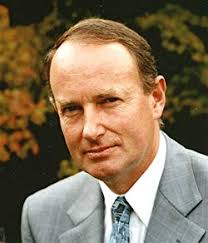
Brian Harvey is a Dublin based writer who has authored more than 14 books on space. His books have covered the space programmes of USSR/Russia, USA, India, Japan and China. He has a deep understanding of the motivations and politics as well as the space technology that has emerged since the space age. In this episode, we speak about Russia/USSR’s space programme what it was at the outset and its status today.
Some of the topics we discuss include
- Russian rocket engines still the best in the world.
- The first factory to build rocket engines for spacecraft was established in Leningrad in 1927.
- Age profile in Russian space programme – not enough younger people. Compared to the programme in China which is largely less than 40.
- In 1935 Konstantin Tsiolkovsky invited as a guest of honour at the mayday speech “I believe the first person in space is alive today”. This was in 1935 when Yuri Gagarin was one year old.
- There were several reasons for the failure for the USSR not get a crewed mission to the Moon. The main one was the lack of programme management.
- With 39 launches in 2018, China was the leader. Until a few years ago Russia was the world leader of launches. Russia’s planned 45 launches in 2019 is not realistic.
- China, India and Japan were on par about a decade ago but China has now emerged with a “superpower” status. India has made progress in the number of annual launches, science missions and recently announced its plans to initiate a human space program.
We discussed the movie Salyut 7 the movie. This is the space station that Rakesh Sharma had visited in 1984.
Russia space programme, minimal new investment, an ageing workforce, reliability and quality control on a decline.
Podcast: Play in new window | Download (Duration: 43:50 — 35.1MB) | Embed
Subscribe: Apple Podcasts | Spotify | RSS | More
Leave a Reply